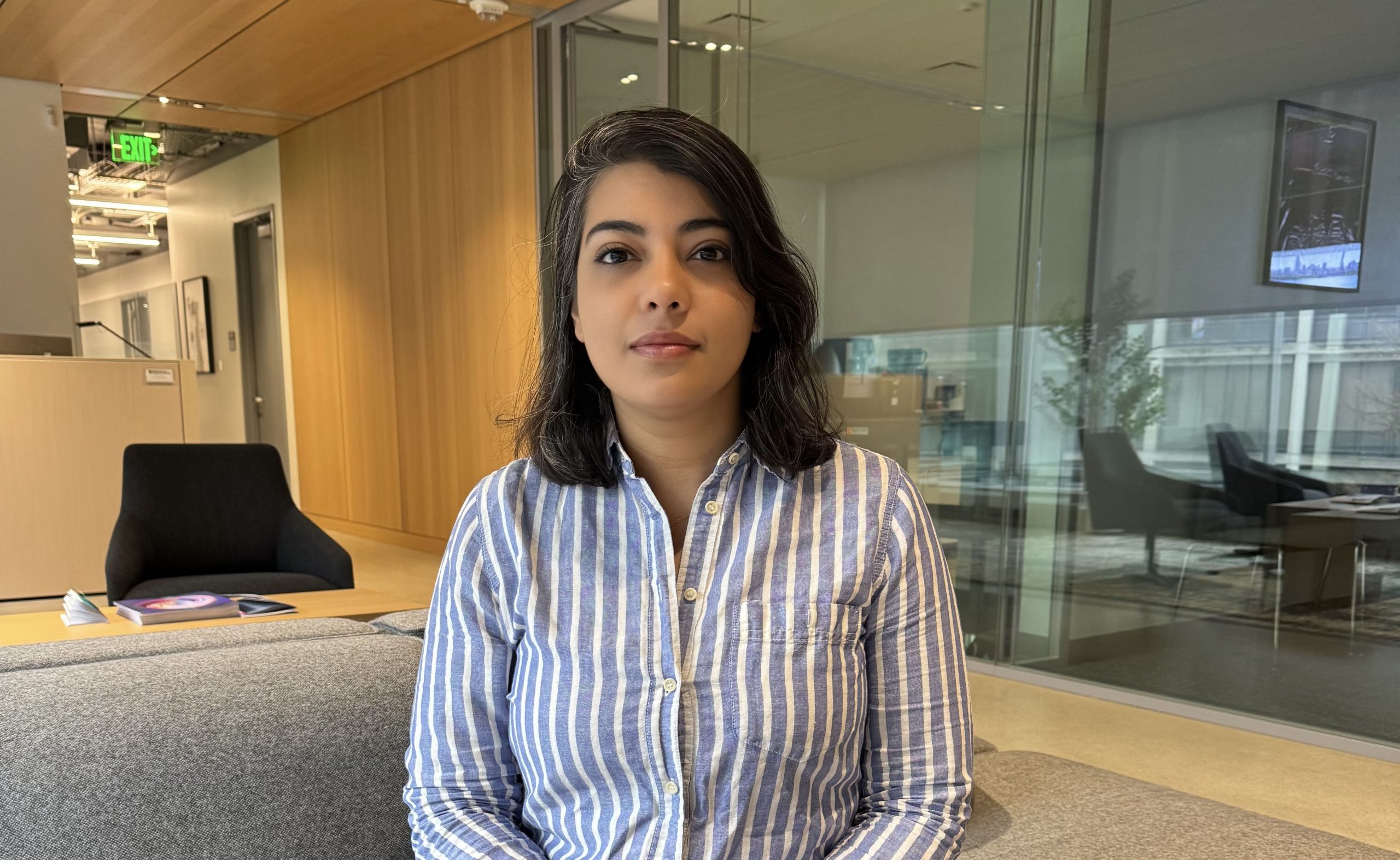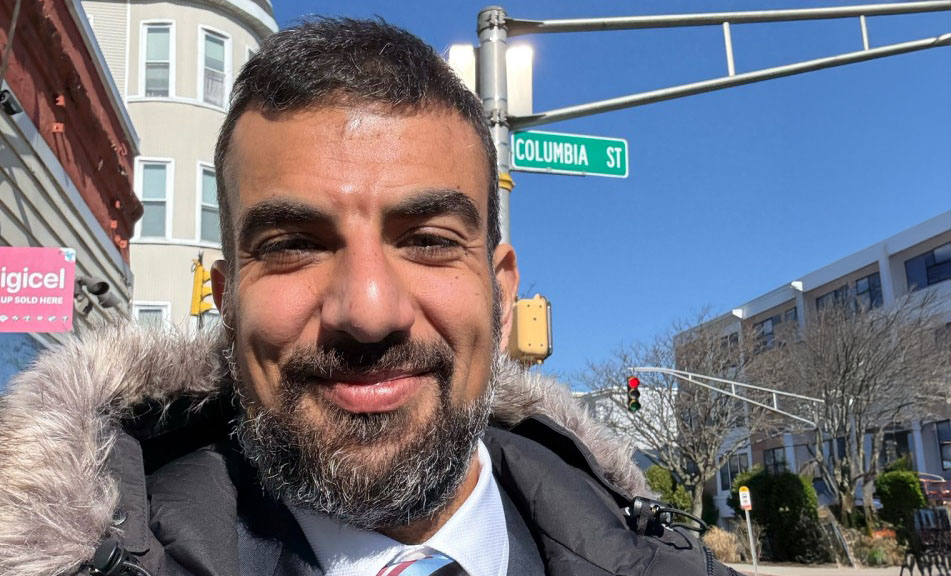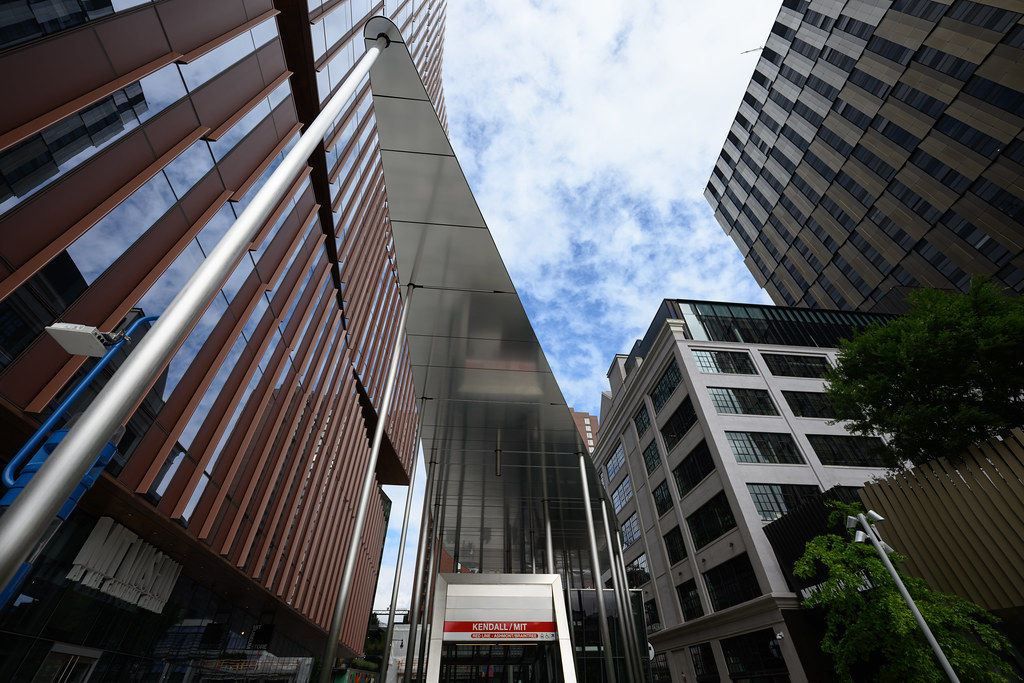MIT Generative AI Impact Consortium

Transforming the World Through Generative Artificial Intelligence
Today, we are at an inflection point in the evolution of society, technology, and education.
Generative AI is evolving rapidly, transforming every facet of our lives — from commerce and health care to arts, sciences, and education. It holds the unprecedented potential to revolutionize scientific discovery, alter knowledge work, unleash creativity, and fundamentally transform industries.
The MIT Generative AI Impact Consortium is working with leading corporations to develop innovative applications that have the power to significantly improve how humans live and work. Your commitment to pushing the boundaries of what’s possible not only sets industry standards but also drives progress in ways that were once unimaginable.
At MIT, we are equally committed to leveraging the paradigm-shifting potential of generative AI. Our focus extends beyond advancing scientific discovery to understanding how to utilize this technology for society’s maximum benefit while mitigating potential negative consequences.
Call for Proposals
The MIT Generative AI Impact Consortium invites Principal Investigators (faculty, PRS, SRS) from across MIT to submit proposals for innovative projects proposing to study high impact uses of generative AI models. The deadline to submit has been extended to March 7, 2025, 5 pm ET.
Page Contents: Defining Our Ambitions | Membership | Call for Proposals | Who’s Involved | Connect With the Consortium
Defining Our Ambitions
A presidential initiative led by MIT’s Office of Innovation and Strategy, in collaboration with the MIT Stephen A. Schwarzman College of Computing, MIT Sloan School of Management, School of Architecture and Planning, School of Engineering, School of Humanities, Arts, and Social Sciences, and School of Science, the MIT Generative AI Impact Consortium is driven by a set of inspiring and focused objectives aimed at harnessing the full potential of generative AI. By uniting corporate leaders and MIT’s top minds, our ambition is to shape a future where AI-driven solutions transcend boundaries and reimagine what’s possible.
Key Goals:
- Focus on the most urgent applications of generative AI across a range of domains: life sciences, health, material science, climate and sustainability, linguistics, manufacturing, finance, business, media, education, and more.
- Envision the future of education and work enabled by generative AI applications.
- Develop a better understanding of how advances in both fundamentals of generative AI and its applications will have broader societal impacts.
- Educate global business leaders and employees on generative AI uses and applications.
- Produce open-source solutions to the world.
Main Areas of Focus:
- Transformational uses of generative AI where collaboration between people and AI can help generate better outcomes than either people or AI systems can do alone.
- Understanding the interplay of AI systems and human behavior, which is central both to realizing the technology’s potential benefits and to avoiding pitfalls.
- Interdisciplinary research and development that informs the creation and use of better generative AI technologies in ways that enhance human flourishing.
Membership
The MIT Generative AI Impact Consortium will place your company at the heart of MIT’s vibrant, interdisciplinary, and innovative ecosystem. Industry leaders will have broad access to MIT’s world-renowned talent and strategic research.
The Generative AI Impact Consortium operates under a two-tiered membership model, with all members getting exposure to MIT’s leading researchers and students working on generative AI. All research resulting from consortium projects will be openly released and accessible.
Founding Members
Drive the strategic direction of the Generative AI Impact Consortium and fund project ideas from MIT’s research community.

Innovation Members
Participate in select portions of the consortium, including submitting project ideas to MIT’s research community.
We will begin accepting innovation members starting in late 2025. For more information on benefits and how your company can be considered, contact us at support_genai@mit.edu.
Who’s Involved
Leadership

Anantha Chandrakasan, Consortium Head; Industry Advisory Board Chair
Chief Innovation and Strategy Officer; Dean, MIT School of Engineering; Vannevar Bush Professor of Electrical Engineering and Computer Science

Vivek Farias, Faculty Co-Director
Patrick J. McGovern (1959) Professor, MIT Sloan School of Management

Tim Kraska, Faculty Co-Director
Associate Professor, Department of Electrical Engineering and Computer Science
- Rama Ramakrishnan, Professional Education Lead
Professor of the Practice at the MIT Sloan School of Management - Hamsa Balakrishnan, Co-lead, Student Activities
Associate Dean of Engineering; William E. Leonhard (1940) Professor of Aeronautics and Astronautics - Aude Oliva, Co-lead, Student Activities
Director of Strategic Industry Engagement, MIT Schwarzman College of Computing; MIT Director, MIT-IBM Watson AI Lab; Senior Research Scientist, CSAIL
GenAI Dean’s Oversight Group

Dan Huttenlocher, Co-Chair
Dean, MIT Schwarzman College of Computing; Henry Ellis Warren Professor of Electrical Engineering and Computer Science

Georgia Perakis, Co-Chair
Interim Dean, MIT Sloan School of Management; William F. Pounds Professor of Management
- Hashim Sarkis, Professor and Dean, MIT School of Architecture and Planning
- Agustín Rayo, Kenan Sahin Dean, MIT School of Humanities, Arts, and Social Sciences; Professor of Philosophy, Department of Linguistics and Philosophy
- Nergis Mavalvala, Dean, MIT School of Science; Curtis (1963) and Kathleen Marble Professor of Astrophysics, Department of Physics
Program Team

Tannu Singh, Senior Program Manager

Amanda Diehl, Communications Coordinator

Saro Derian, Financial Officer
Connect With the Consortium

Sign up to receive updates and get involved in the MIT Generative AI Impact Consortium.
Subscribe now
